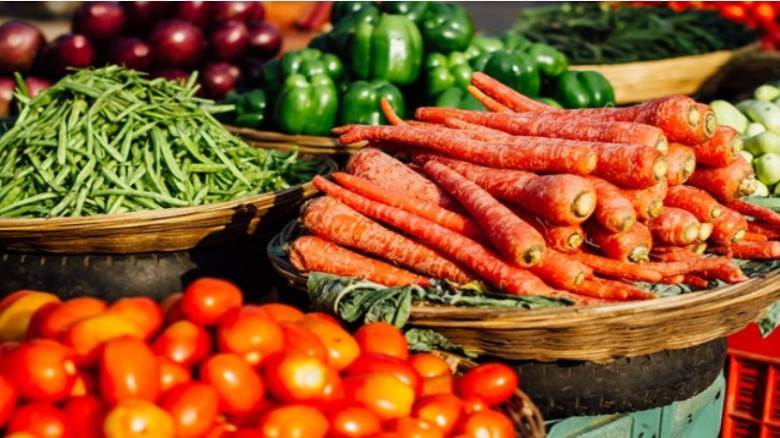Over 1 million Ghanaians to face Food Insecurity between June-August 2024 – WFP Report
As the world grapples with the complex web of challenges surrounding food security, the latest findings from the World Food Programme (WFP) paint a sobering picture for Ghana.
According to the preliminary analysis of the Cadre Harmonise (CH) report for March 2024, an estimated 1.05 million people in Ghana are projected to confront food insecurity between June and August 2024.
While this represents a decrease from previous projections, it underscores persistent vulnerabilities within the country’s food system.
The CH analysis, a collaborative effort between WFP, the Ministry of Food and Agriculture, and other stakeholders, draws upon the Food Security and Nutrition Monitoring System (FSNMS) to assess the food security situation.
Despite concerted efforts to mitigate the impacts of food insecurity, challenges persist, driven primarily by high food prices compounded by natural hazards such as flooding.
High food prices, exacerbated by natural hazards like flooding, remain significant drivers of food insecurity in Ghana, despite some alleviation in inflation.
This stark reality highlights the profound impact of both economic and environmental factors on the availability and accessibility of food for vulnerable populations.
The stark reality is that many Ghanaians continue to grapple with uncertainty regarding their next meal. This predicament is not solely a consequence of immediate circumstances but is deeply rooted in systemic issues that require holistic solutions. While there has been some alleviation in inflation, the persistent pressure on food prices exacerbates the plight of vulnerable communities.
One significant challenge highlighted in the report is the discrepancy between the high demand for vegetable production support and the capacity of existing livelihood interventions to meet this need.
Despite commendable efforts by beneficiaries to reinvest their farming income, the project’s capacity remains insufficient to address the burgeoning demand. This underscores the importance of strategic interventions that not only provide immediate relief but also empower communities to sustainably enhance their food security resilience.
Efforts to address food insecurity must be multifaceted, encompassing short-term relief measures as well as long-term sustainable strategies. Collaboration between government agencies, humanitarian organizations, and local communities is essential to implement effective interventions that address the root causes of food insecurity.
Furthermore, proactive measures are needed to mitigate the impact of natural hazards on agricultural production. Investing in climate-resilient agricultural practices and infrastructure can help buffer communities against the adverse effects of unpredictable weather patterns.
As we confront the daunting reality of over 1 million Ghanaians facing food insecurity, it is imperative that we respond with urgency, compassion, and innovation.
By working together and prioritizing the needs of the most vulnerable, we can build a more resilient and food-secure future for all Ghanaians.
3 news.com











Leave A Comment